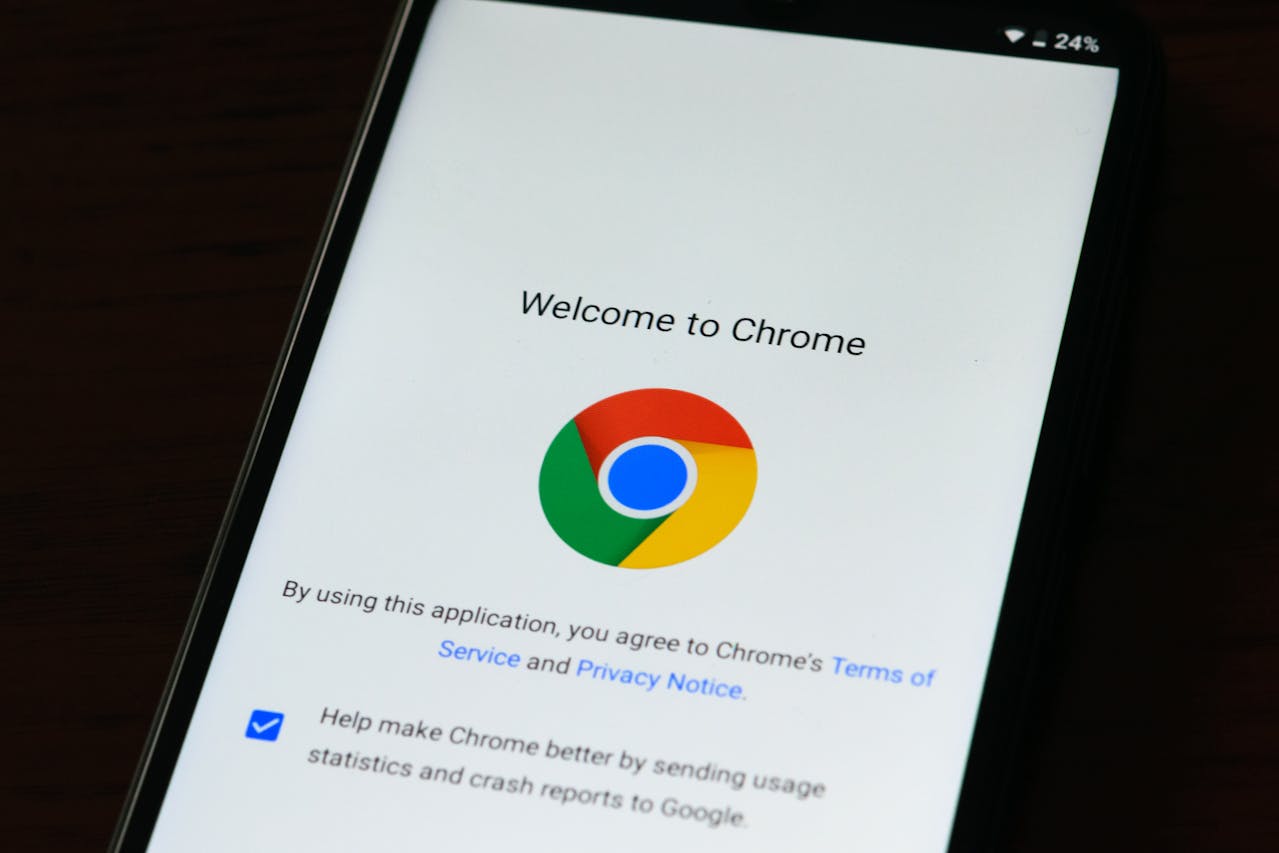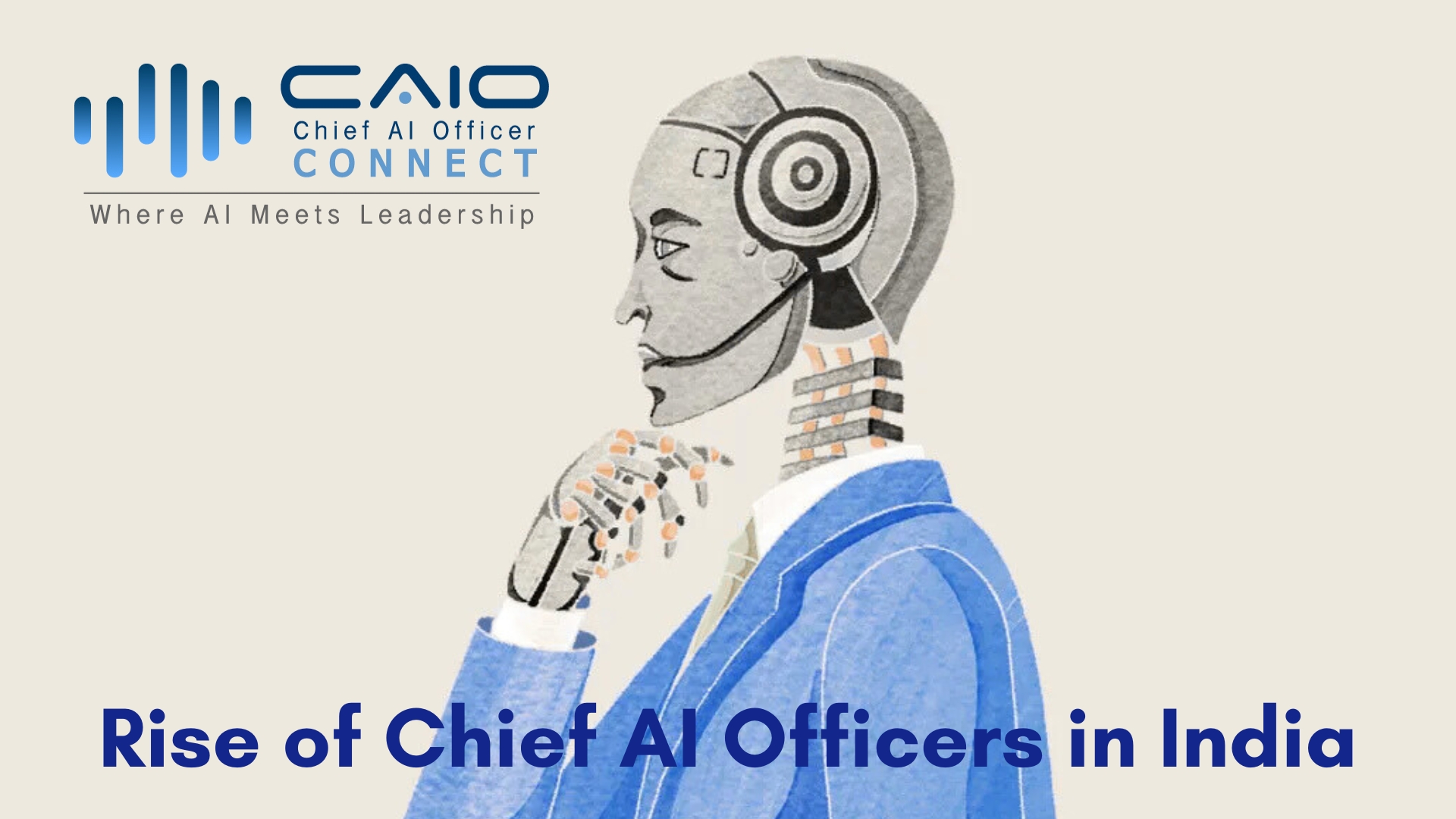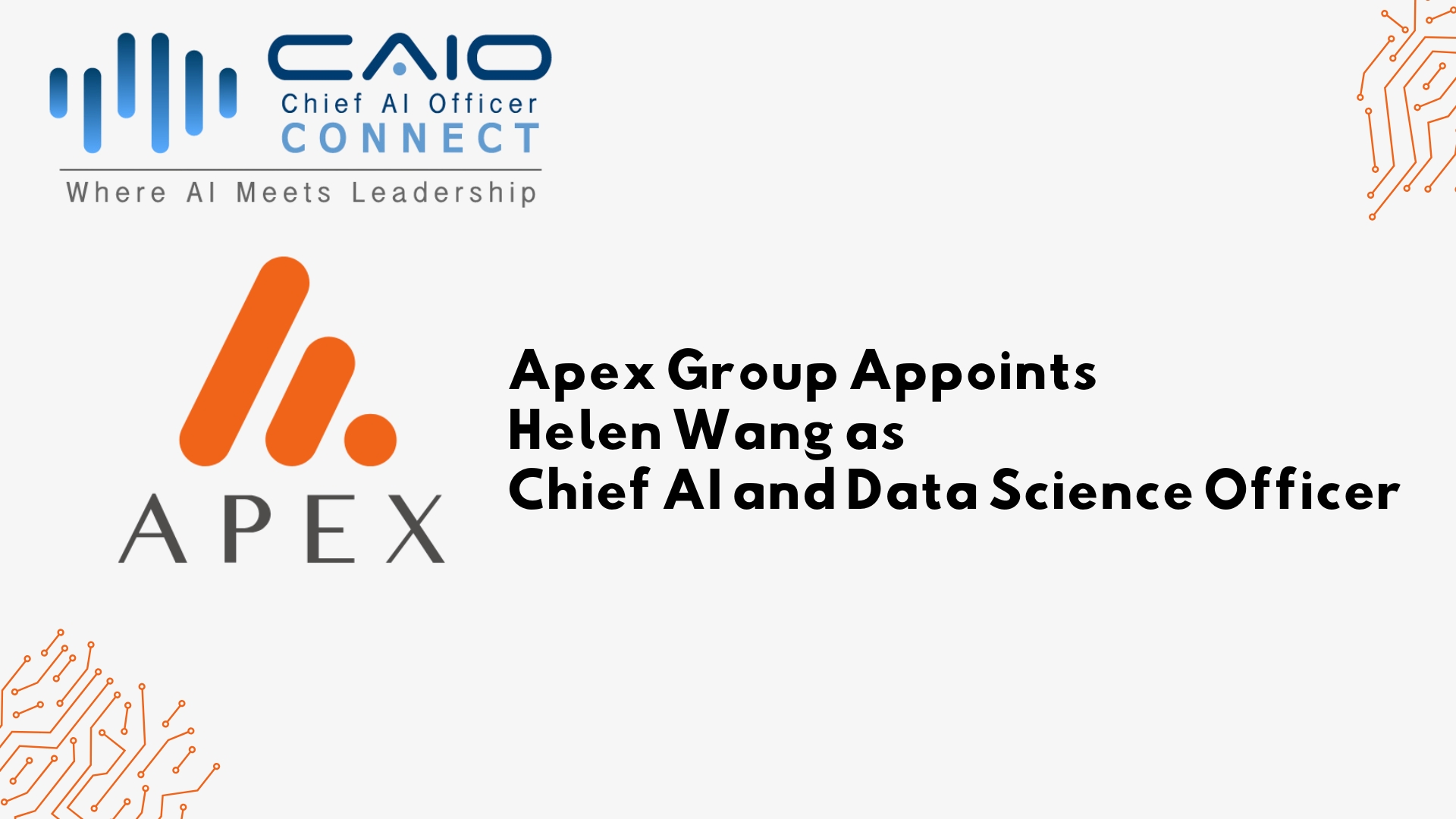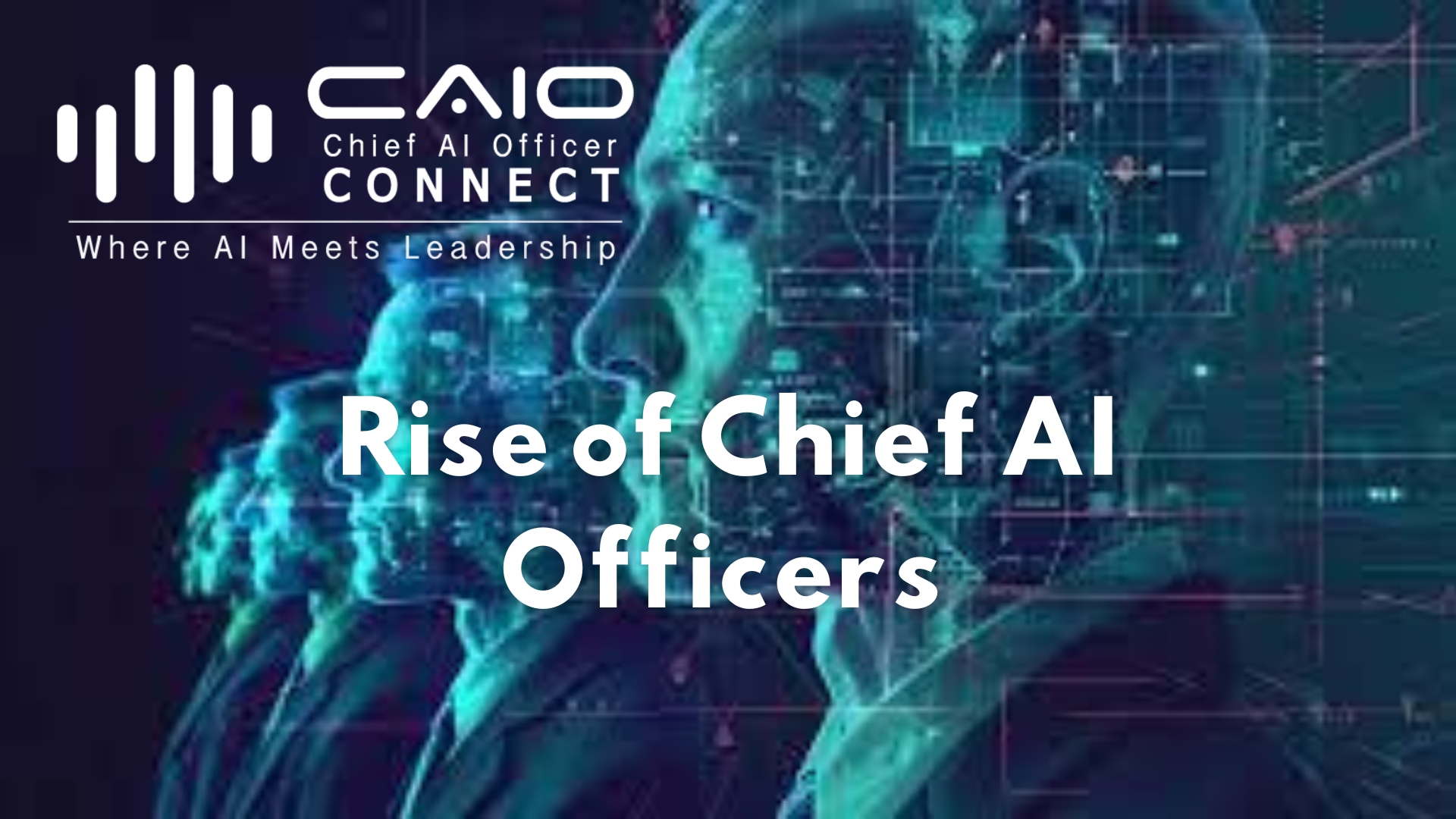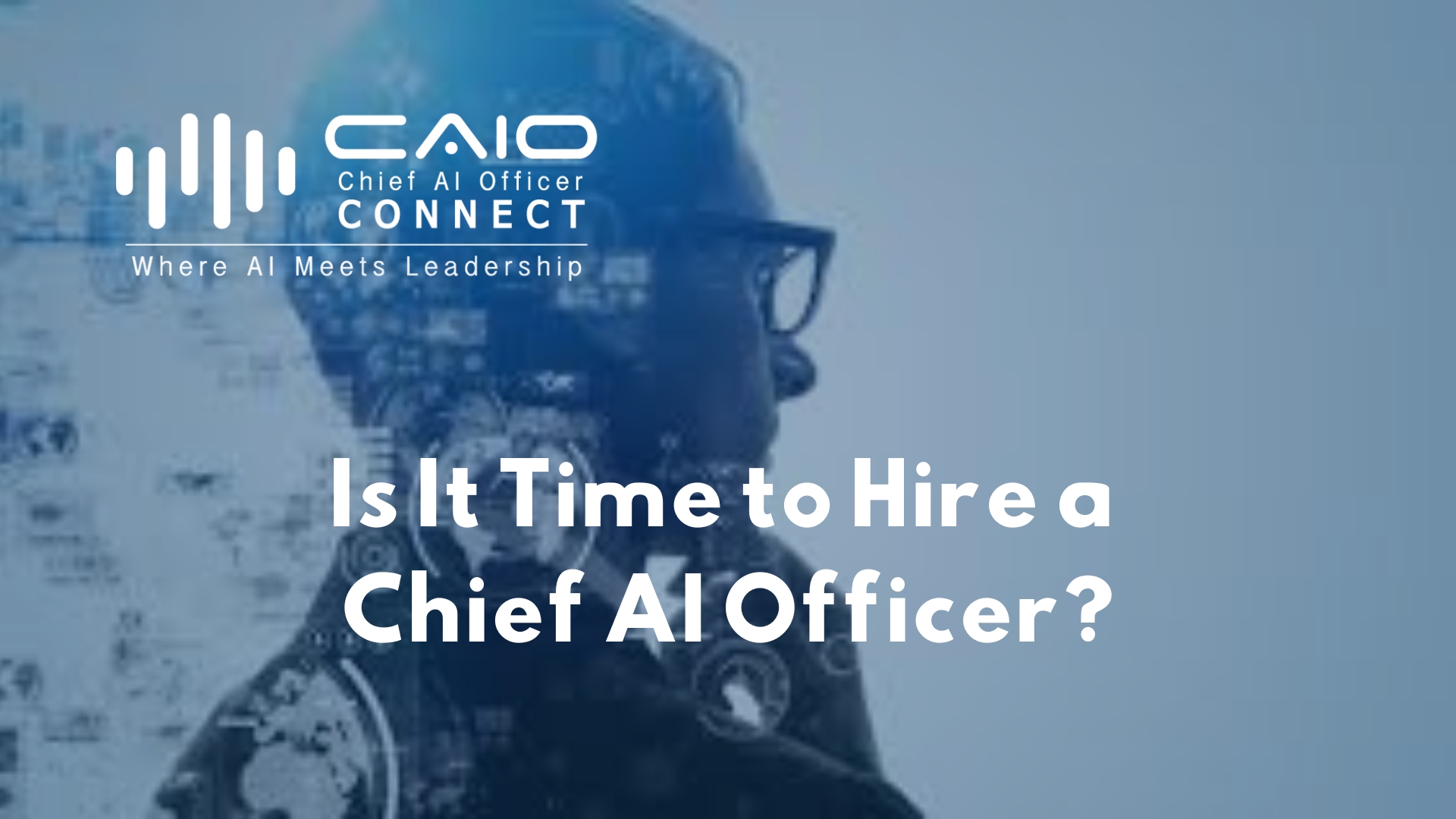OpenAI Considers Buying Chrome Amid Antitrust Battles: A New Power Play in Big Tech
In a bold revelation during a landmark antitrust trial, OpenAI, the company behind ChatGPT, expressed interest in acquiring Google Chrome — the world’s most widely used internet browser — if Google is forced to sell. The disclosure came through testimony from Nick Turley, an OpenAI executive speaking on behalf of the U.S. government, which is pursuing action to break up Google’s market dominance.
The trial, currently unfolding in Washington, D.C., is part of a wider effort by the U.S. Department of Justice (DOJ) to curb the overwhelming influence major tech firms wield over consumers, markets, and innovation.
Google Under Fire: Monopoly Rulings and Appeals
This is not Google’s first courtroom battle. Recent judgments found Google guilty of monopolizing both the online search market and the online advertising sector. Google, however, has vowed to appeal these decisions, maintaining that the DOJ’s actions could harm American consumers, stifle economic growth, and undermine U.S. technological leadership globally.
Despite Google’s firm stance, the tech landscape is visibly shifting. The government now seeks remedies to dismantle Google’s dominance, particularly as new technologies like generative AI redefine how users access and navigate information online.
OpenAI’s Strategic Positioning
OpenAI’s interest in Chrome reflects a calculated strategy. With Chrome commanding about 64% of global browser usage, it is a critical gateway to the internet. By contrast, Apple’s Safari holds just 21% of the market. Securing Chrome could provide OpenAI unparalleled influence over the evolving intersection of AI and internet browsing.
Interestingly, OpenAI previously sought collaboration with Google to integrate search results into ChatGPT — a proposal that Google rejected. Today, OpenAI maintains a strong partnership with Microsoft, whose Bing search engine and Edge browser are key rivals to Google’s offerings.
Meanwhile, Google’s push into AI with Gemini, a direct competitor to ChatGPT, signals escalating competition between the two companies on multiple fronts.
The Bigger Picture: Tech Giants on Alert
This trial’s outcome could set critical precedents affecting not only Google but also other tech behemoths like Meta, Amazon, and Apple, all of whom face their own DOJ investigations. As regulators tighten their grip, Big Tech companies are re-evaluating strategies, partnerships, and competitive positioning.
Adding another layer to its ambitions, OpenAI is reportedly exploring the creation of its own social network, potentially challenging platforms like X (formerly Twitter). The AI company’s expansion into multiple tech verticals signals its aspiration to become a dominant force across communication, search, and social connectivity — areas historically controlled by different powerhouses.
A New Era of AI-Driven Competition
The idea of OpenAI owning Chrome represents more than just a business acquisition; it hints at a future where AI-driven platforms could redefine how billions of people interact with information daily. As this antitrust trial unfolds, the potential reshaping of tech’s most powerful structures has the entire industry — and consumers — watching closely.
Whether Google can hold onto Chrome or whether new players like OpenAI will rewrite the rules remains to be seen. But one thing is certain: the battle for the internet’s future has only just begun.
